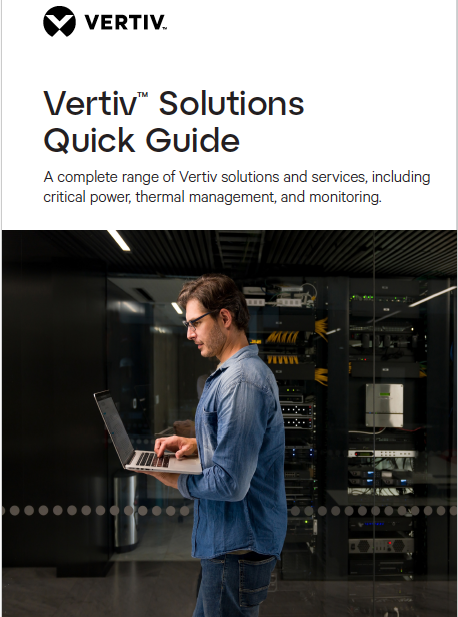In a hotel environment, UPS system failures directly threaten guest safety and service continuity by putting critical infrastructure at risk—including elevators, emergency lighting, fire and life-safety systems, electronic door locks, check-in/booking systems, POS terminals, HVAC controls, and back-of-house IT networks.
The Problem: How UPS Batteries Fail in Real-World Hospitality Operations
UPS batteries degrade due to more than just age. In hotels, the most common operational factors accelerating battery failure include:
- Heat and poor ventilation — plant rooms and electrical cupboards near kitchens or machinery generate excess heat, accelerating chemical breakdown in UPS batteries.
- Dust and moisture exposure — environments near pools, laundry areas, and housekeeping zones increase humidity and particulate levels, promoting terminal corrosion.
- High depth of discharge (DOD) — frequent brownouts or extended generator transfers cause deeper discharges, significantly shortening battery lifespan.
- Frequent charge cycles — high guest turnover and variable electrical loads increase cycling, particularly damaging lead-acid battery types.
- Inadequate maintenance practices — loose connections, undetected corrosion, and missed replacement schedules lead to sudden, preventable failures.
- Manufacturing or installation defects — poor-quality components or improper rack ventilation amplify existing environmental risks.
Six Early Warning Signs Hotel Engineers Should Monitor
- Reduced runtime under load — shorter backup duration compared to baseline performance indicates capacity loss.
- Visible battery swelling or bulging — physical deformation signals internal failure and potential safety hazard.
- Leaking electrolyte or terminal corrosion — signs of fluid escape or rusted connections require immediate intervention.
- UPS system alarms or fault codes — modern units detect low capacity or cell imbalances; logged events should never be ignored.
- Excessive heat or unusual odors — hot enclosures or metallic/burning smells indicate failing cells.
- Unstable power transfers or random shutdowns — inconsistent switching to battery power reveals underlying system weakness.
Best Practices for UPS Battery Environment Management in Hotels
- Maintain optimal plant room temperature — keep UPS environments within manufacturer specifications; avoid placement near heat-generating equipment.
- Control humidity and airborne contaminants — use dehumidifiers and filtered ventilation to minimize corrosion risks.
- Isolate electrical rooms from wet areas — separate UPS installations from kitchens, laundry rooms, and housekeeping zones.
- Design for easy maintenance access — ensure adequate space for inspection, testing, and battery rack replacement without service disruption.
Selecting the Right UPS Battery Technology for Hospitality
- Valve-Regulated Lead-Acid (VRLA) — cost-effective for high-capacity needs but has shorter lifespan and greater sensitivity to heat and deep cycling.
- Lithium-Ion (Li-ion) batteries — offer longer service life (8-10 years), superior cycle endurance, compact footprint, and wider operating temperature tolerance—ideal for hotels prioritizing reliability, space efficiency, and reduced maintenance frequency.
Comprehensive On-Site Solution Implemented by PQG
- Conducted a full battery health assessment and delivered a detailed remediation report identifying failed cells and replacement priorities.
- Recommended urgent replacement of swollen and corroded modules to eliminate immediate safety and operational risks.
- Suggested environmental improvements including enhanced ventilation, humidity control, and optimized cabinet layout.
- Proposed a customized preventative maintenance program featuring routine battery testing, thermal imaging, and capacity verification aligned with hospitality operational demands.
Benefits of Preventative UPS Maintenance in Hospitality
- Prevents emergency failures that disrupt check-in systems, elevator service, access control, and life-safety operations.
- Enables planned battery replacement cycles—every3–5 years for VRLA and8–10 years for lithium-ion—adjusted based on actual environmental conditions and usage patterns.
- Regular diagnostics and infrared inspections detect developing issues like hot spots and early-stage corrosion before they cause downtime or require costly emergency repairs.
Results and Recommended Next Steps
PQG coordinated with Vertiv technicians for rapid on-site response and implemented environmental and maintenance improvements that significantly reduce future battery degradation. This proactive, hospitality-specific approach helps hotels avoid guest disruption, protect revenue, and ensure continuous operation of mission-critical systems.
Partner with PQG to establish a comprehensive hospitality-focused UPS maintenance program featuring scheduled battery health audits, predictive replacements aligned with your operational profile, optimized plant room design, and real-time monitoring—ensuring uninterrupted guest services and life-safety system reliability.
Investing in regular UPS battery care prevents costly downtime, enhances guest and staff safety, and reduces total cost of ownership—keep your hotel powered, protected, and operational with PQG's expert maintenance solutions.




